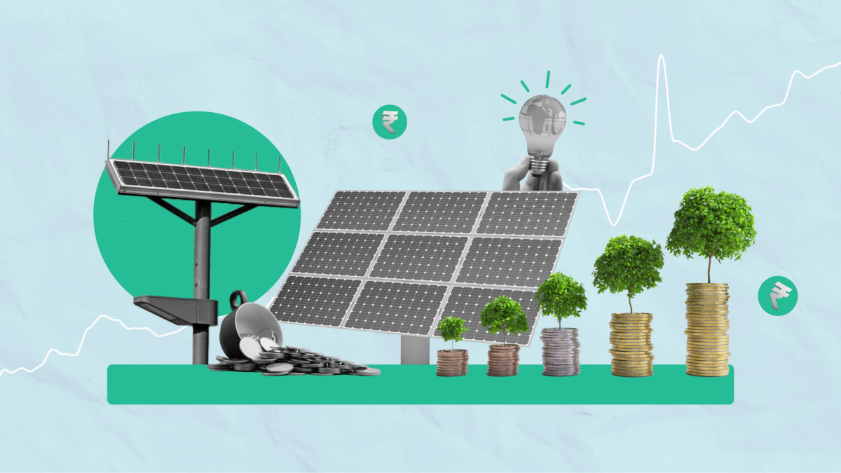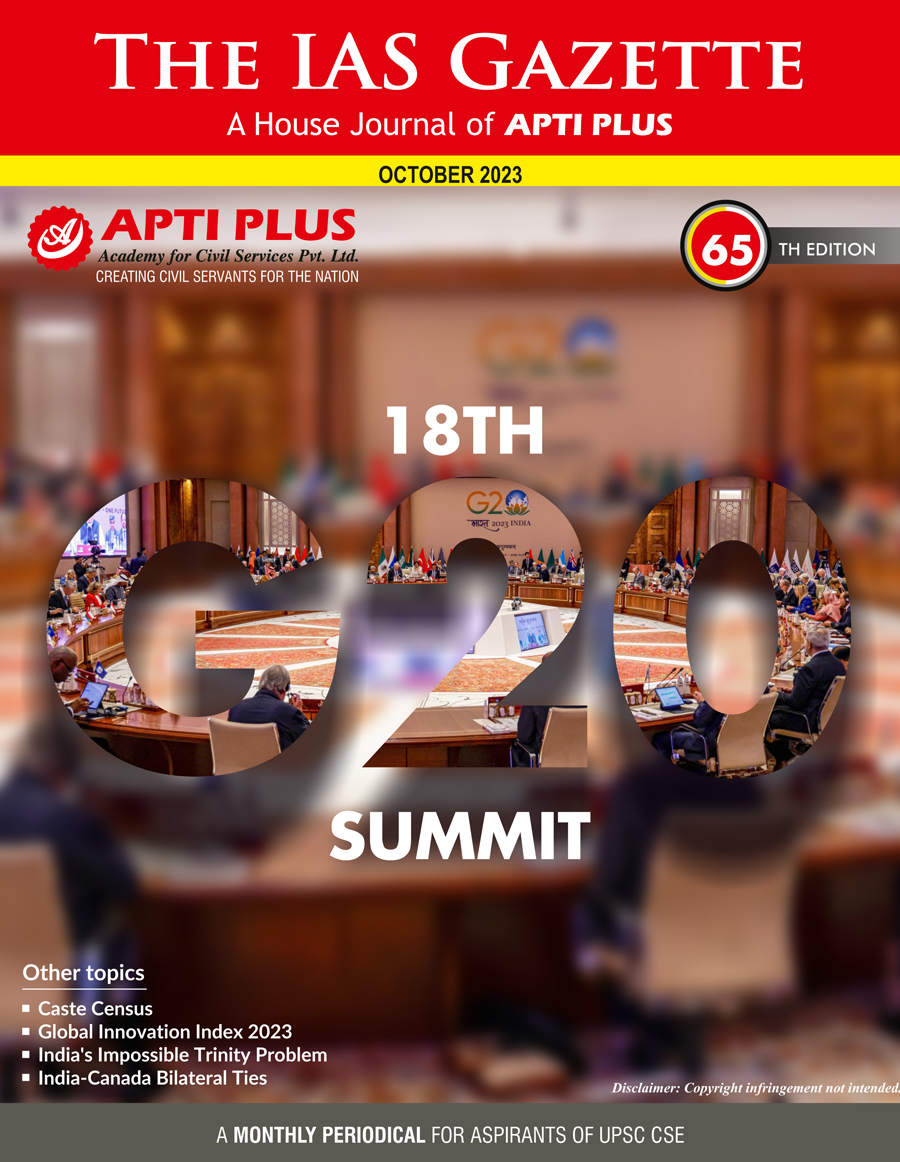Description

Disclaimer: Copyright infringement not intended.
Context
- The International Solar Alliance (ISA), will for the first time compile and release a ‘Global Solar Stock-Take Report.’
Inspiration
- ISA’s initiative is inspired by the first ever ‘Global Stocktake’ of the United Nations Conference of Parties, scheduled in Dubai later this year.
What is the Global Stocktake of the United Nations Conference of Parties?
- The global stocktake is an assessment of progress made toward mitigating global warming since the Paris Agreement in 2015.
- Here countries are expected to give an account of the actions taken until now to transition their economies away from fossil fuel.
- They are also expected to lay out plans to course correct if their commitments are insufficient to prevent runaway global warming. The Global Stocktake follows from the Paris Agreement signed in 2015.
- The global stocktake is a two-year process scheduled to happen every five years.
- The first global stocktake got underway in 2022 and will conclude at COP28; the next stocktake will occur in 2028 and again in 2033, etcetera.
- The objective is to coordinate efforts on climate action, including measures to bridge the gaps in progress.

Early Findings
- An early look at the findings from the global stocktake indicates that the global community is not on track to achieve the goals set out in the Paris Agreement.
- The highest-level goal is to keep global warming under 2°C while pursuing efforts to stay within 1.5°C.
READ ABOUT THE FINDINGS OF 2023 GLOBAL STOCKTAKE REPORT: https://www.iasgyan.in/daily-current-affairs/global-stocktake
What is COP?
- COP—which stands for Conference of the Parties—is an annual meeting where United Nations member states convene to assess progress in dealing with climate change and make a plan for climate action within the guidelines of the UNFCCC.
- UNFCCC is the formal name for the meetings is the Conference of the Parties of the UN Framework Convention on Climate Change or the United Nations Climate Change Conference. The first COP was held in Berlin in 1995.
- Every member state has equal voting power, and unanimous approval is needed for any COP agreement.
- Among the most significant COP milestones are the Kyoto Protocol in 1997 and the Paris Agreement in 2015.
Kyoto Protocol and the Paris Agreement
- The Kyoto Protocol, ratified in 1997, is a landmark international treaty in which signatories agreed to reduce greenhouse gas emissions to prevent human interference with the natural climate.
- The treaty, a result of COP3, is one of the most significant results of the COP meetings. In 2012, the agreement was extended to 2020.
- The Paris Agreement, also known as the Paris Climate Accords, is an international treaty negotiated in 2015 at COP21.
- In Paris, participants agreed to limit the increase of global temperatures to 2°C while pursuing efforts to stay within 1.5°C.
- According to the agreement, each country must track, record, and report their carbon emissions as well as their efforts to reduce and offset them.
COP27 (held in 2022)
- COP27, in Sharm El Sheikh, reported on the significant roadblocks that remain on the path to net zero.
- Specifically, they say, a 1.5°C pathway is not yet achievable. To reduce emissions to the extent required, leaders and their organizations will need to take additional, urgent action toward emissions reductions and removals.
- Adaptation and loss and damage were major themes, particularly intended to increase resilience for the billions of people living in geographies that are more vulnerable to climate hazards.
- Net-zero emissions remain a goal, but energy security, resilience, and affordability are equally important.
What is Net Zero?
- A net-zero gain of greenhouse gases in the atmosphere would be achieved when annual greenhouse gas emissions are equal to the amount removed each year. The pathways to net zero, identified by the Intergovernmental Panel on Climate Change, involve both decarbonization and carbon removal.
- Decarbonization is the reduction of carbon and other greenhouse gases in the atmosphere, achieved by reducing the use of high-carbon-emitting fossil fuels.
- Carbon removal solutions remove carbon from the atmosphere and store it over the long term.
- To achieve net zero, decarbonization would need to happen across all sectors, including energy, agriculture, and land use. And carbon removal would be needed to offset residual, hard-to-abate emissions from industries such as cement.

What to expect at COP28?
- The 2023 COP28, will be held from November 30 until December 12, 2023, at the Expo City, Dubai.
- This year’s event will feature the first “global stocktake,” which will provide a comprehensive assessment of progress since the Paris Agreement.
- The objective is to align efforts on climate action, including measures to bridge the gaps in progress.
- COP28 will also spotlight climate adaptation initiatives, as well as mitigation.
- These will fall under four key themes: health, water, food, and nature.
- And finally, COP28 will be the first to feature expanded stakeholder involvement, including high-emissions sectors and private sector oil and gas organizations.
READ ABOUT THE FINDINGS OF 2023 GLOBAL STOCKTAKE REPORT: https://www.iasgyan.in/daily-current-affairs/global-stocktake
What happens now?
- The first-ever Global Stocktake, released in October 2023, found that the world is not on track to achieve the goals set out in Paris in 2015.
- At COP28, UN member states will negotiate their response to the stocktake’s findings.
- The global stocktake emphasizes the urgency of action to mitigate global warming.
- It’s clear that the time is now for international cooperation, equitable climate action, and sustainable transformation across all sectors.
|
PRACTICE QUESTION
Q. The first-ever global stocktake, found that the world is not on track to achieve the goals set out in Paris in 2015. It’s clear that the time is now for international cooperation, equitable climate action, and sustainable transformation across all sectors. Elucidate.
|












